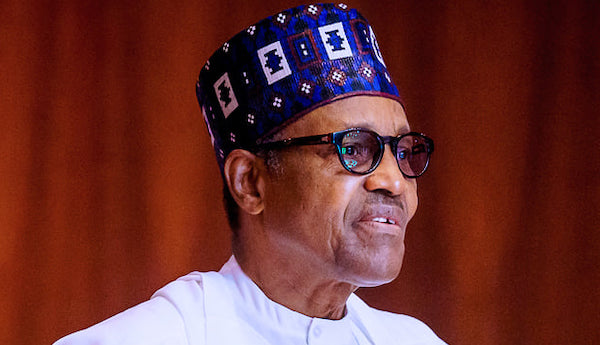Business
Nigeria seeks to halt OPEC’s planned output cut, as revenue dwindles

Nigeria has enjoined the Organisation of the Petroleum Exporting Countries (OPEC) to rethink the consequences of deep production cuts on member countries as OPEC and allies led by Russia prepare for a formal meeting this week, report obtained from energy and commodities intelligence firm, S&P Global Platts, on Monday showed.
“On the peculiar challenges facing the country amid its large population and immense deficit in infrastructure, the president (Muhammadu Buhari) urged OPEC to consider the weight of the responsibility of the nation with 200 million poor people, with severe deficit in infrastructure when sharing oil production cuts,” a presidential spokesperson told the London-based company.
The declaration emerged days after Africa’s biggest economy slipped into recession, following negative growths in its gross domestic product for the second and third quarters in the aftermath of an oil crash in April and the coronavirus outbreak.
Nigeria has witnessed a slump in its oil output in the last couple of months following huge slashes to production in an effort to comply with OPEC’s quota, which has sorely impacted earnings from oil, which contributes over 60 per cent of government’s revenues.
OPEC+ is set to devise its output strategy for next year when it meets on Monday and Tuesday but indications of disharmony are creeping up, “with some voices of dissent getting louder.”
Read also: Oil prices slip over potential outcome of OPEC+ meeting, Bonny Light gains $0.53
Iraq is similarly becoming uncomfortable with OPEC+’s singular approach to supply cuts. The United Arab Emirates is speculated to be contemplating an exit from the cartel, having privately deliberated on the possibility of its membership of OPEC lasting long in light of the aspirations of state-owned oil company, ADNOC.
“If OPEC+ delays the tapering of cuts by three months, we estimate the oil market will continue to be undersupplied, albeit by a thin margin.
“The re-imposed lockdowns in Europe and sharply increasing Libyan oil production have led to a weaker oil market balance, and this is the focus of OPEC+,” said Norway’s financial services group, DNB.
Nigeria’s OPEC officials were demanding a modification of the country’s quota a couple of weeks back and asked for the go-ahead to produce more.
Nigeria has not been consistent in its conformity to OPEC+ output cut pact and a major factor shaping the delinquency is the lack of clarity about its ultra-light oil grade, Agbami.
The Ministry of Petroleum resources maintains that Agbami is a condensate even though foreign energy firms including Equinor and Chevron, both with stakes in the Agbami deepwater oil field, categorise it as a crude.
Join the conversation
Support Ripples Nigeria, hold up solutions journalism
Balanced, fearless journalism driven by data comes at huge financial costs.
As a media platform, we hold leadership accountable and will not trade the right to press freedom and free speech for a piece of cake.
If you like what we do, and are ready to uphold solutions journalism, kindly donate to the Ripples Nigeria cause.
Your support would help to ensure that citizens and institutions continue to have free access to credible and reliable information for societal development.






















